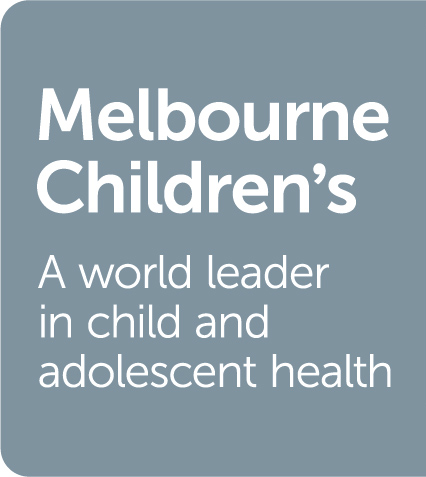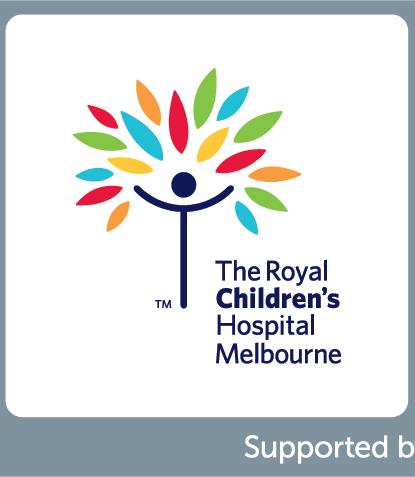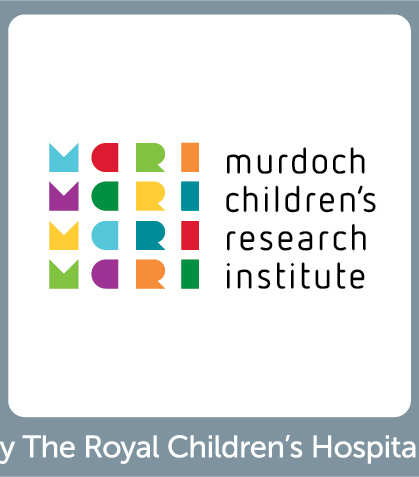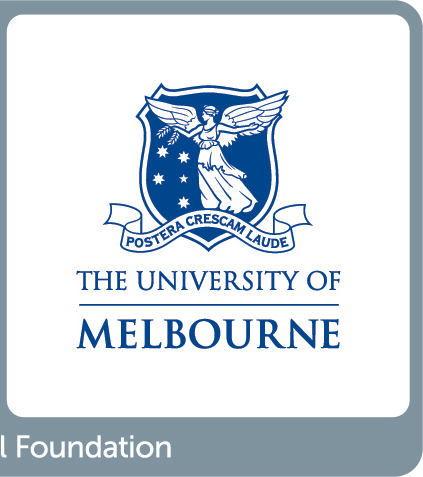Consistent Quality Care
The objective of the Key Area, Consistent, Quality Care, is to ensure that all children, young people and their families, carers and support systems experience mental health care and treatment for common mental health disorders that is appropriate (evidence-based), inclusive and makes a difference at every encounter with Melbourne Children's Campus staff and clinicians.
In order to achieve this, staff must have the knowledge, tools, and systems to best work together with children, young people and their families/carers and support systems.
To enable the key area objective, the Consistent, Quality Care project team, in consultation with lived experience representatives and senior clinicians and subject matter experts, will develop a suite of clinical resources on common mental health disorders for staff use across the Campus. This suite of resources will include:
- Evidence-based clinical practice guidelines on common childhood mental health disorders
- Associated needs based care and referral pathways including sub-sections for groups with increased vulnerabilities
- Measurement-based care framework embedded into usual care
The first guideline, care pathway and measurement-based care topic the team will be working on is Anxiety disorders.
Meet our Lived Experience Advisors for Consistent, Quality Care
The vital contributions of people of lived and living experience of mental ill health and recovery will help us to ensure our practice change and improvement projects in Consistent, Quality Care (CQC) are authentic, child and family centred and consider the diversity of experience, circumstances and needs of infants, children and young people and their parents, carers and supporters who seek care and services from the Melbourne Children’s Campus. In July, we were lucky enough to welcome six Lived Experience Advisors (LEAs) to our CQC team. This group are very much now a part of our team and have already made incredible contributions to our work in progress. We recently asked this group why they had applied for a LEA opportunity with the Campus Mental Health Strategy and below are some of their responses. Nothing about us without us!
“Through storytelling, experience sharing and uninhibited conversation I aim to ensure that the aspirations and needs of people like me—parents/carers of children/young people experiencing a mental health condition—and their families remain central to decision-making and are utilised wherever possible to produce better health outcomes for children and their families.” LC
“As a parent and family carer for four young people with mental health diagnosis, disability, neurodiversity and chronic medical conditions, I was attracted to work with the CGQ team on this project to bring a non-clinical perspective to this project. I plan to share my expertise around what it's like to live these challenges, in all their gritty glory! I hope to be the person who asks the questions an average parent would ask and help the team keep children, young people and their families in the driving seat of these changes.” KR
Acknowledgement of Country



At Mental Health Central we acknowledge the traditional custodians of the land on which we live, gather and work. We recognise their continuing connection to land, water and community. We pay respect to Elders past, present and emerging.



